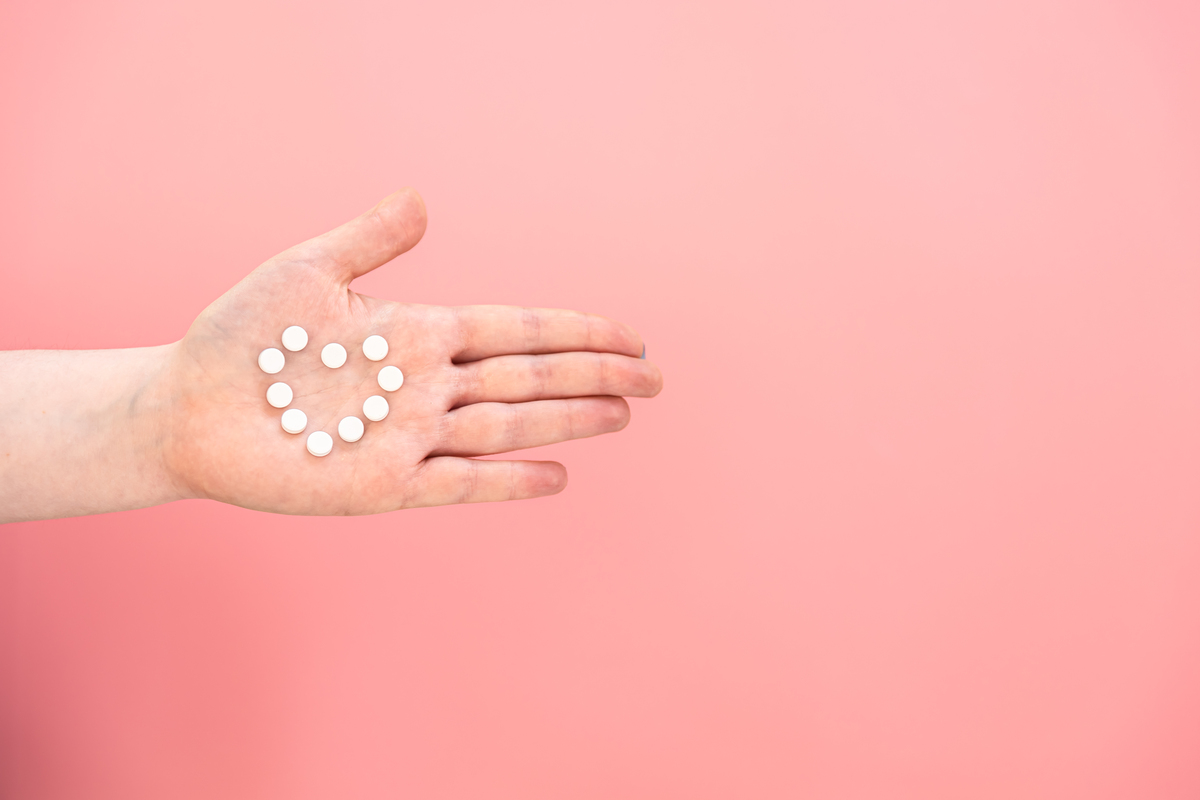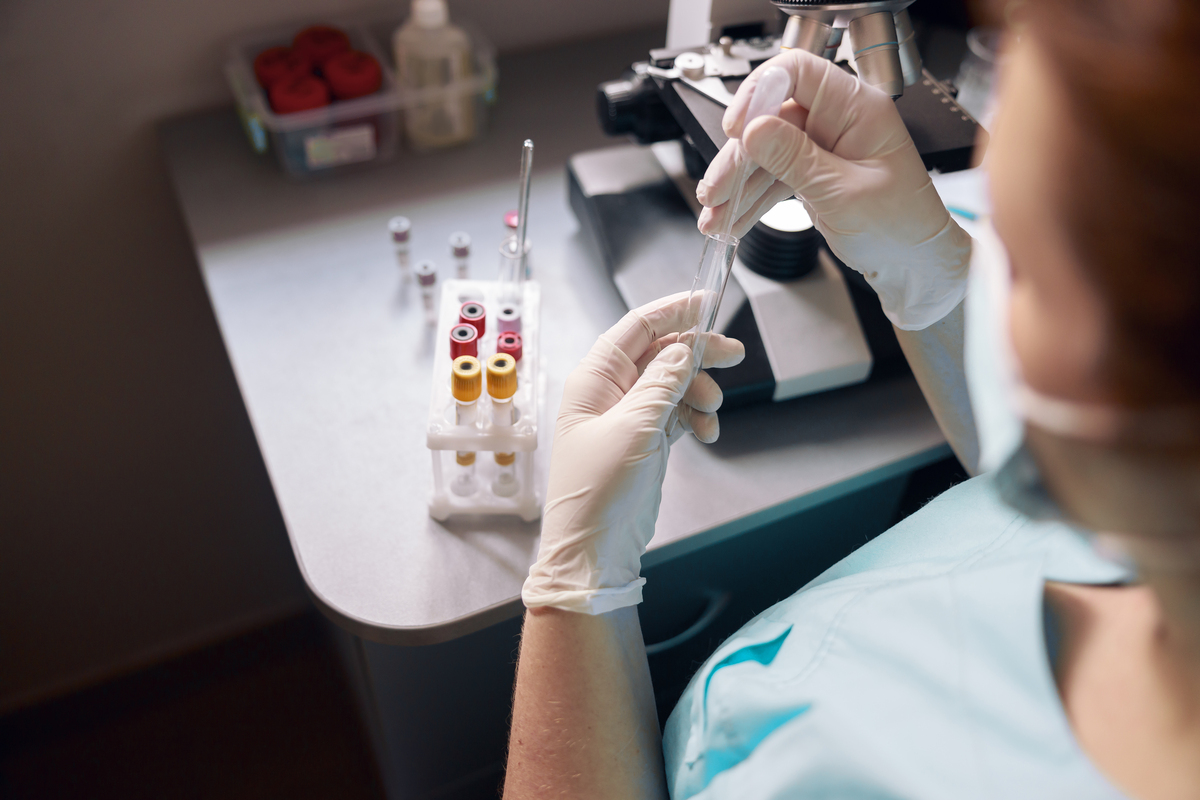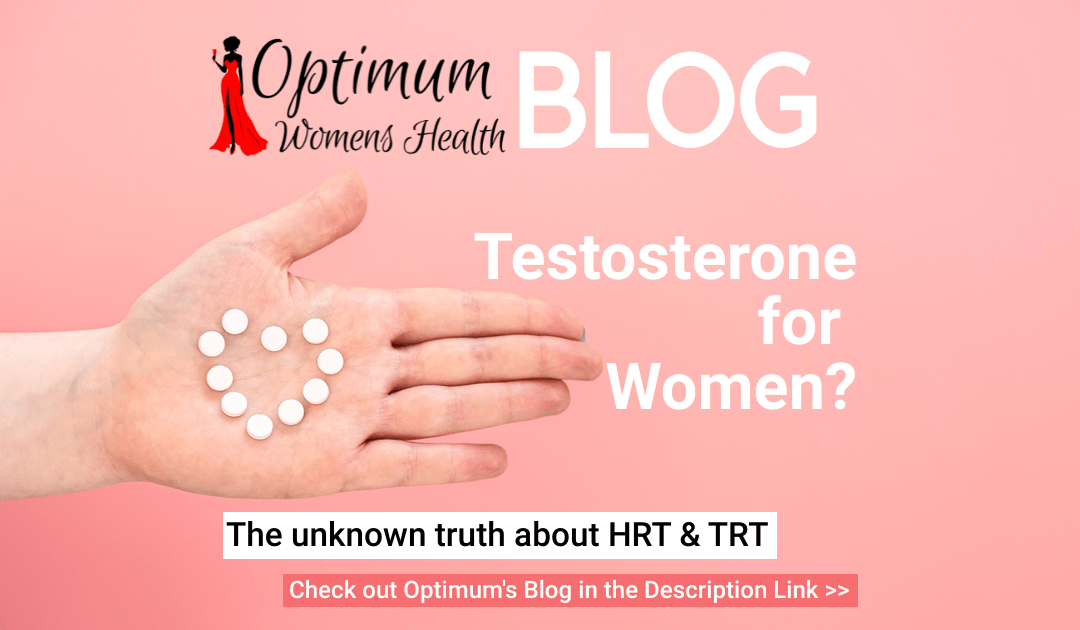Oh, testosterone—the hormone all the boys are talking about. You hear about it on the news and in radio ads promising men all kinds of seemingly magical transformations: spare tires into six packs, middle-aged fatigue into adolescent vigor, lifeless marriage beds into love nests. Some call it a fountain of youth; others, snake oil. One thing’s for sure: the guys getting it sure won’t shut up about it. Maybe you know someone; maybe you’ve heard.
But did you know that women can also benefit from testosterone? Yes, you read that right! If your hormone levels have been tested by healthcare professionals and they have determined a deficiency in your body’s production of this important hormone, then yes—even women are candidates for testosterone therapy. Read on to find out more about what it is and how it can help improve overall health and quality of life for those who qualify.
But what about estrogen?
While the general wisdom in the popular mind says that testosterone is the male hormone and estrogen is the female hormone, the reality, of course, is a little more complex than that. In fact, testosterone is naturally present in both men and women—just at different levels.

In women, testosterone is produced in the ovaries and adrenal glands and, in conjunction with estrogen, plays an essential role in the body, helping to regulate functions such as libido, bone density, energy levels, muscle mass, and red blood cell production. So a deficiency in any of those areas may be caused by low testosterone levels, and if so, hormone-replacement therapy can be an effective solution.
What is hormone-replacement therapy?
In simplest terms, hormone-replacement therapy (HRT) is just what it says on the tin: a safe and natural way to adjust hormone levels in those experiencing the adverse effects of hormonal imbalance or deficiency. You may already have heard of testosterone-replacement therapy (TRT), a type of HRT that’s typically used in men. TRT involves administering testosterone, in one of various available forms, to restore the body’s testosterone levels to normal.

While pure TRT is indicated for some women, most typically benefit from a holistic hormone-replacement regimen, including estrogen and progesterone, along with testosterone. In such a course of HRT, the precise cocktail of hormones is adjusted uniquely for each patient, based on her individual symptoms and hormone levels.
In women, testosterone replacement (again, usually as part of a broader course of HRT) helps increase muscle mass, energy levels, bone density, and overall wellbeing. Of course, it should go without saying that HRT should only be administered under the guidance of a medical professional, and that regular monitoring of hormone levels is necessary to ensure safe and effective treatment. HRT is an excellent way to improve quality of life for those suffering from abnormal hormone levels.
Why would a woman need HRT?
As women age, their bodies may go through significant hormonal changes that can affect many aspects of their lives. I think we all know where we’re going here: menopause. And whether the Big M is a natural effect of getting older or surgically induced, hormone replacement can mitigate many of its symptoms.
Among the “joys” of menopause that HRT specifically can address are:
- decreased sex drive;
- fatigue;
- depression;
- vaginal dryness;
- osteoporosis;
- decreased muscle mass;
- increased fat mass;
- anxiety; and
- mood swings.

But HRT isn’t just for menopausal women; young women experiencing such symptoms associated with lowered testosterone levels or other hormonal imbalances can also benefit from HRT.
In fact, HRT is commonly used to treat hypoactive sexual desire disorder (HSDD), a condition of suppressed libido experienced by many women of all ages. In short, if you’re experiencing any of these symptoms, it’s a good idea to get your hormone levels checked. If your testosterone levels are low, HRT may be the treatment for you.
What are the risks of testosterone in women?
So we’ve talked about why you might want HRT and what it can do for you. Some of you might already be asking, “Where do I sign up?” But if my mom taught me anything, it’s that the most important question is, “What’s the catch?” So let’s take a moment to talk about risks.
First of all, studies have shown that testosterone treatment isn’t a safe choice for anyone with heart, blood-vessel, or liver disease—or anyone with a history or risk of breast or uterine cancer. If that’s you, talk to your doctor about other options.
For everyone else, the path forward can seem a little less clear. Unfortunately, as more women consider testosterone to address their hormonal imbalances, myths and misconceptions about it start popping up like bluebonnets in April. And while the specifics may vary, they tend to fall under one broader concern: as a woman, testosterone in any dose will make you more masculine.

It’s an understandable concern—and misconception: after all, testosterone’s the male hormone, right? (But we know better than that by now, don’t we?) The truth is, it’s all about dosage—which is why it’s important to work closely with your healthcare provider when undergoing HRT (or any course of medical treatment). The British Menopause Society (far smarter folks than I) has this to say: “Adverse effects of testosterone in women are uncommon if levels are maintained within the female physiological range. The commonest are excess hair growth, acne and weight gain which are usually reversible with reduction in dosage or discontinuation.” Basically, get the dosage right, and side effects are rare; if you have any, reduce or stop treatment.
Doesn’t get much simpler than that, right?
Is HRT right for you?
If you’ve been feeling less than yourself lately, it might be time to consider HRT. Testosterone isn’t just for men—in adjusted dosages, women can benefit from it too. HRT in women can help increase energy levels, improve mood, and boost sex drive. But—and I can’t stress this enough—before you dive in, you’ve got to talk with a trusted healthcare provider. They’ll be able to assess whether HRT is the right choice for you based on your individual health history and goals. But if you’ve been feeling less than yourself, it’s at least worth checking your hormone levels with your next physical.
We’ve learned that HRT can be a life-changing treatment option for women as well as men, but it’s not a decision to be taken lightly. Everybody’s different—and every body is different—so it’s vital consult with healthcare professionals you trust before making a decision about it. With personal guidance by clinicians experienced in HRT, you can receive comprehensive information on the associated benefits, risks, and realistic expectations. Whether you’re preparing for menopause or dealing with hormonal imbalances caused by surgeries, medications and lifestyle changes—HRT can have considerable positive impacts on a woman’s physical, mental, and even sexual health. Think HRT might be right for you—or just want to find out more?
Stop by our brand-new clinic in Pharr today!


